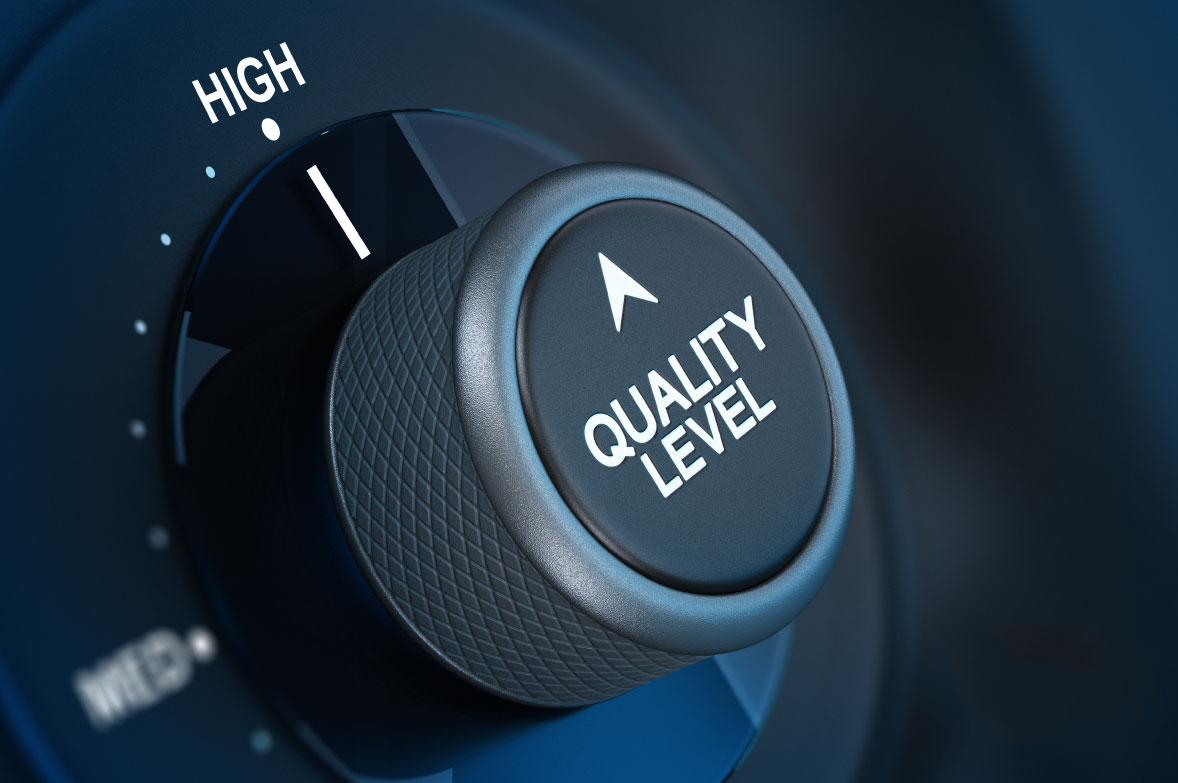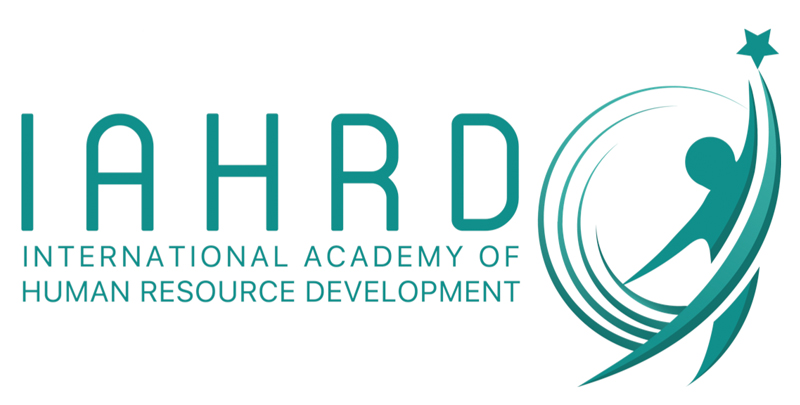
Principles of Quality Assurance and Management
Principles of Quality Assurance and Management
Introduction:
This course is happily introduced to you by the International Academy of Human Resource Development (IAHRD). We are glad to inform you that our courses are written by experts who have a long experience in the related field.Quality has become extremely important in the latest years, it was at the beginning only related to the final product, after that the term has extended to reach the process and management. Getting to know the quality tools and the means of using these tools to make sure of the compliance to the requirements needed. The world is changing rapidly as well as these needs of a good quality which increases the importance of acing this field. Our course will help you get to know many fundamental topics such as the basics of quality assurance , its relationship with cost and productivity, quantitative data analysis, sampling plans, documentation and auditing , models to implement TQM and quality tools to reach the desired goals.
Objectives:
By the end of the training program, each participant will be able to:
- Understand the basic concepts of quality assurance.
- Use the tools of quality for the process of data analysis.
- Have alternative tools to achieve quality needed.
- Apply quality methods , measures and tools. .
- Detect quality improvement opportunities.
- Fully understand quality assurance and management systems.
- Know of the basics of quality engineering.
- Create awareness toward quality assurance.
Contents:
Module 1:
- Basics of quality assurance.
- Quality costs and productivity.
- Quality measurement.
Module 2:
- Quality tools I.
- Quantitative data analysis.
- Run charts.
Module 3:
- Scatter Diagrams
- Pareto Charts.
Module 4:
- Cause-and-effect diagrams.
- Sampling plans.
- Quality assurance.
Module 5:
- The ISO 9000:2000 model for quality assurance and management.
- Documentation and auditing.
- Total Quality Management (TQM).
Module 6:
- The 6ċ Model to implement Total Quality Management (TQM).
- Quality tools II.
- Process capability.
- Importance of forecasting.
- Control charts and how to apply them.
- Design of experiments.
Who should attend?
- Office Administrators.
- Supervisors of Clerical.
- Administrative Staff.
- Executive Secretaries
- Personal Assistants.
times [ Istanbul ]
| from | to | price $ | venue | actions |
|---|---|---|---|---|
| 2025-03-02 | 2025-3-6 | 3,750 | Istanbul | join enquire |
| 2025-03-09 | 2025-3-13 | 3,750 | Istanbul | join enquire |
| 2025-03-16 | 2025-3-20 | 3,750 | Istanbul | join enquire |
| 2025-03-23 | 2025-3-27 | 3,750 | Istanbul | join enquire |
| 2025-03-30 | 2025-4-3 | 3,750 | Istanbul | join enquire |
| 2025-04-06 | 2025-4-10 | 3,750 | Istanbul | join enquire |
| 2025-04-13 | 2025-4-17 | 3,750 | Istanbul | join enquire |
| 2025-04-20 | 2025-4-24 | 3,750 | Istanbul | join enquire |
| 2025-04-27 | 2025-5-1 | 3,750 | Istanbul | join enquire |
| 2025-05-04 | 2025-5-8 | 3,750 | Istanbul | join enquire |
| 2025-05-11 | 2025-5-15 | 3,750 | Istanbul | join enquire |
| 2025-05-18 | 2025-5-22 | 3,750 | Istanbul | join enquire |
| 2025-05-25 | 2025-5-29 | 3,750 | Istanbul | join enquire |
| 2025-06-01 | 2025-6-5 | 3,750 | Istanbul | join enquire |
| 2025-06-08 | 2025-6-12 | 3,750 | Istanbul | join enquire |
| 2025-06-15 | 2025-6-19 | 3,750 | Istanbul | join enquire |
| 2025-06-22 | 2025-6-26 | 3,750 | Istanbul | join enquire |
| 2025-06-29 | 2025-7-3 | 3,750 | Istanbul | join enquire |
| 2025-07-06 | 2025-7-10 | 3,750 | Istanbul | join enquire |
| 2025-07-13 | 2025-7-17 | 3,750 | Istanbul | join enquire |
| 2025-07-20 | 2025-7-24 | 3,750 | Istanbul | join enquire |
| 2025-07-27 | 2025-7-31 | 3,750 | Istanbul | join enquire |
| 2025-08-03 | 2025-8-7 | 3,750 | Istanbul | join enquire |
| 2025-08-10 | 2025-8-14 | 3,750 | Istanbul | join enquire |
| 2025-08-17 | 2025-8-21 | 3,750 | Istanbul | join enquire |
| 2025-08-24 | 2025-8-28 | 3,750 | Istanbul | join enquire |
| 2025-08-31 | 2025-9-4 | 3,750 | Istanbul | join enquire |
| 2025-09-07 | 2025-9-11 | 3,750 | Istanbul | join enquire |
| 2025-09-14 | 2025-9-18 | 3,750 | Istanbul | join enquire |
| 2025-09-21 | 2025-9-25 | 3,750 | Istanbul | join enquire |
| 2025-09-28 | 2025-10-2 | 3,750 | Istanbul | join enquire |
| 2025-10-05 | 2025-10-9 | 3,750 | Istanbul | join enquire |
| 2025-10-12 | 2025-10-16 | 3,750 | Istanbul | join enquire |
| 2025-10-19 | 2025-10-23 | 3,750 | Istanbul | join enquire |
| 2025-10-26 | 2025-10-30 | 3,750 | Istanbul | join enquire |
| 2025-11-02 | 2025-11-6 | 3,750 | Istanbul | join enquire |
| 2025-11-09 | 2025-11-13 | 3,750 | Istanbul | join enquire |
| 2025-11-16 | 2025-11-20 | 3,750 | Istanbul | join enquire |
| 2025-11-23 | 2025-11-27 | 3,750 | Istanbul | join enquire |
| 2025-11-30 | 2025-12-4 | 3,750 | Istanbul | join enquire |
| 2025-12-07 | 2025-12-11 | 3,750 | Istanbul | join enquire |
| 2025-12-14 | 2025-12-18 | 3,750 | Istanbul | join enquire |
| 2025-12-21 | 2025-12-25 | 3,750 | Istanbul | join enquire |
| 2025-12-28 | 2026-1-1 | 3,750 | Istanbul | join enquire |
